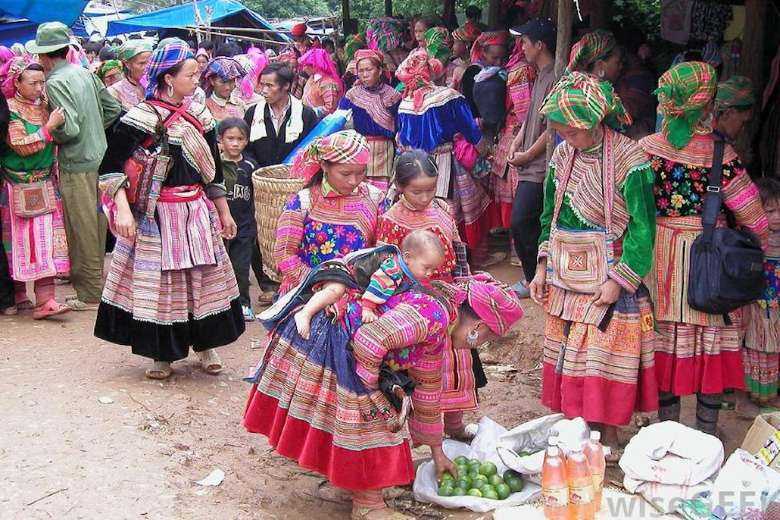
The Hmong language is spoken by about 4 million ethnic Hmong in northern Thailand, Laos, Vietnam, Myanmar and parts of China. (Photo: YouTube)
The unique languages of many indigenous and ethnic minority peoples across Southeast Asia will soon go extinct unless efforts are stepped up to save them, senior United Nations officials have warned.
Of the 7,100 or so languages in the world, more than 2,000 are indigenous to Asia, yet nine out of 10 of them are spoken by fewer than 100,000 people in countries such as Myanmar, Thailand and Laos, which have a large number of ethnic minorities, according to the United Nations Educational, Scientific and Cultural Organization (UNESCO).
Several indigenous languages are spoken only by a few elders, which means they could stop being used for good within just a few years.
“Protecting [endangered languages] is a matter of human rights, and time is running out,” Shigeru Aoyagi, the director of UNESCO’s Bangkok office, and Cynthia Veliko, a regional representative of the Office of the United Nations High Commissioner for Human Rights, warned in a public statement issued on June 8.
“The extinction of any of these tongues would be an irreplaceable loss to us all and our collective human heritage.”
The reasons for the increased vulnerability of minority languages around Southeast Asia and farther afield in Asia include growing cultural homogenization and a lack of educational resources for minority language users in disadvantaged communities.
At the heart of each undertaking will be indigenous communities themselves
“The growing threat to indigenous languages has not taken place in isolation. Rather, it has been part and parcel of the marginalization of the human rights of indigenous peoples in mainstream societies,” Aoyagi and Veliko noted.
The 10 member states of the Association of Southeast Asian Nations (ASEAN) must work to “empower indigenous peoples legally, socially and culturally in order to aid them in preserving, protecting and rejuvenating the region's endangered languages and other forms of cultural expression,” the UN experts explained.
As part of a global initiative aimed at preserving and rejuvenating endangered minority languages, the UN will launch its International Decade of Indigenous Languages next year to be run until 2032.
UNESCO’s local chapter is also launching targeted actions within Southeast Asia, including cultural outreach, educational projects and enabling new legal frameworks, with the aim of aiding indigenous peoples and minority communities in preserving their languages and other forms of cultural expression.
“At the heart of each undertaking will be indigenous communities themselves, based on the operating principle of inclusion summarized in the motto, ‘Nothing about us, without us,’” Aoyagi and Veliko said.
“Empowering [indigenous] communities with improved access to new technologies and tools for language learning, translation and documentation will be key in helping them preserve, protect and revitalize their languages.
“Equally important is the development of new media outlets to enable speakers of endangered languages to voice their opinions on issues of interest and concern.”
Generally, across the region, the ability to exercise freedom of expression is under real pressure in every country
Disadvantaged peoples in countries such as Thailand, Myanmar, Laos, Cambodia and Vietnam must be accorded a greater say in government policies that affect their lives, experts say.
However, a lack of freedom of speech in these countries continues to affect citizens, especially in marginalized communities.
“Generally, across the region, the ability to exercise freedom of expression is under real pressure in every country,” said David Kaye, a professor of law from the United States who was the UN’s special rapporteur on the promotion and protection of the right to freedom of opinion and expression in ASEAN until last year.
“You see all across the countries of the region pressure by governments to restrict what people can say, to restrict what people can report, to criminalize speech and reporting, to criminalize dissent from government,” Kaye added.


